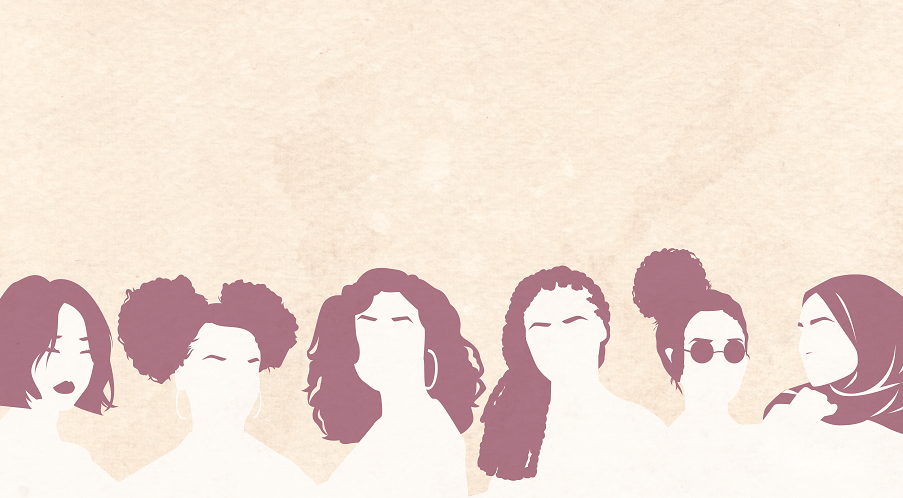
This theme addresses the impact of shifting political landscapes and societal attitudes on gender equality. It points to the challenges posed by rising populism and anti-gender movements. It is rooted in the need for increased representation of women in leadership roles to ensure that gender perspectives are integrated into governance and policy-making. And it recognises the role that social media channels can play, particularly in spreading disinformation at scale
Sub-themes
Political Representation and Leadership
Addressing the underrepresentation of women in political and leadership positions.
- In society, it affects the prioritisation of gender equality in policy agendas.
- At work, it influences organisational cultures and equality initiatives.
Legislation and Policy for Gender Equality
The evolution of laws and policies addressing gender discrimination and promoting equality, including ensuring a more ‘integrated’ analysis of gender issues in policy making.
- At work, progressive policies can create more equitable opportunities.
- In society, policymakers should factor in a gender dimension to all policies. (e.g. with citizens panels)
- In society, and at work, legal (and workplace) frameworks shape societal norms and protections.
Social Movements and Activism
The role of grassroots and global movements in advancing gender equality, including global collaborations, generational changes in attitudes and allyship (e.g. with men, with LGBTQ issues and groups) and multipliers.
- At home, movements which help to re-define ‘normality’ can influence personal beliefs and actions.
- In society, they can shift societal values and pressure institutions for change.
Countering anti-equality narratives
Developing tactics to reduce the effectiveness of populist/anti-equality movements, including addressing the rise and spread of disinformation, countering challenges to fundamental rights and democratic values, and any potential backlash against LGBTQIA+ policies and gender ideologies.
- At home, countering anti-equality movements is often a prerequisite for change.
- In society (and in public discourse), populist and anti-equality narratives can stifle the change required.
Sudden shocks to democratic systems
Dealing with the disproportionate impacts of (unpredictable) geo-political and/or humanitarian crises e.g. Wars, Migration, pandemic and climate change (as above).
- In society, sudden shocks can amplify fault lines.
Cultural Norms and Media Representation
The portrayal of gender in media and entertainment, including social media, and its influence on societal attitudes.
- At home, media shapes perceptions and aspirations.
- In society, it can either reinforce stereotypes or promote inclusive narratives.






